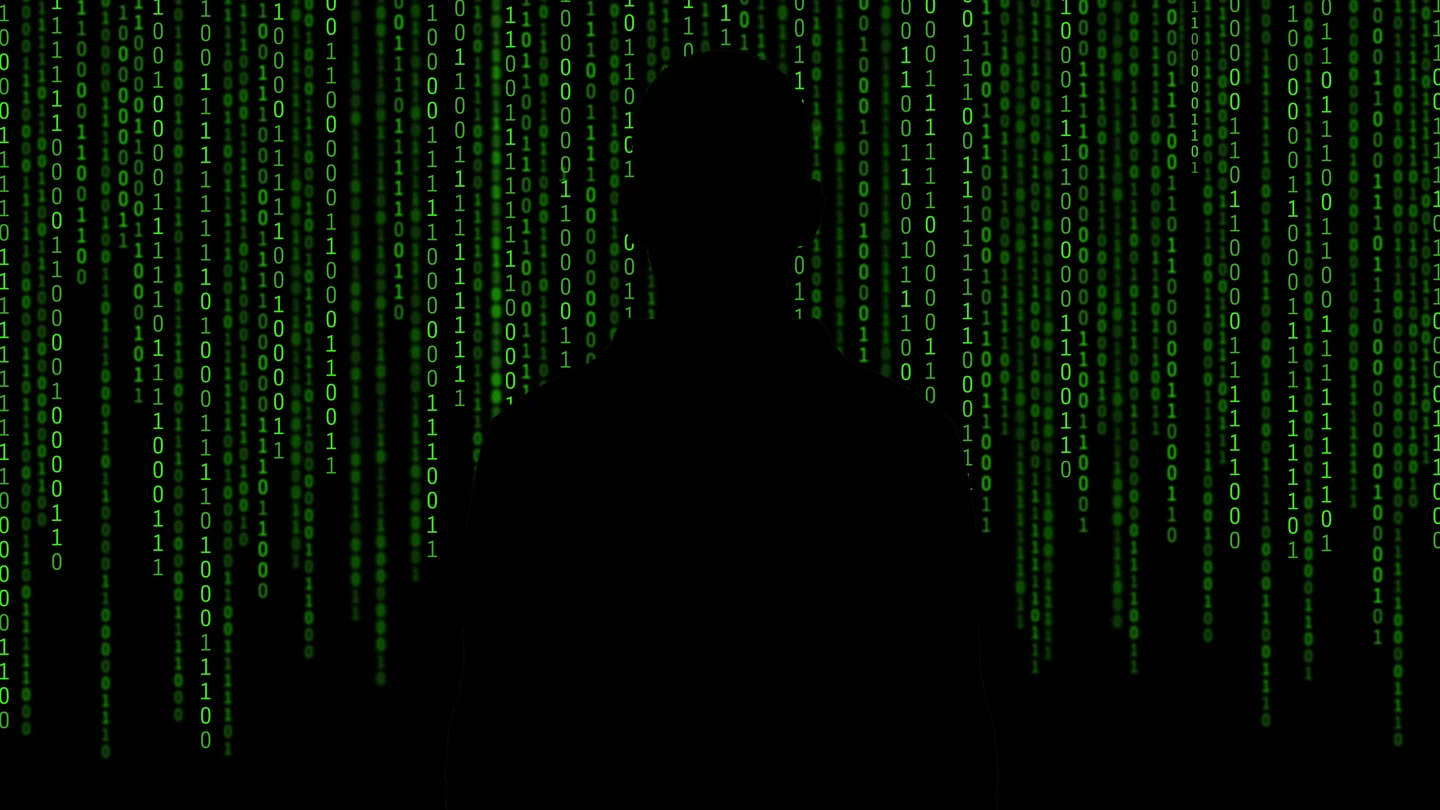Bill C-59, the National Security Act 2017, is now back before the Commons to consider the (relatively minor) amendments proposed by the Senate. Baring a catastrophe, it should make it past this final Commons-Senate ping-pong and become law. “Becoming law” means “coming into force”. There are rules about coming into force, and I review how they apply to C-59 because: it’s complicated.
Read MoreLast week, Leah West addressed delegates at the 6th Open Government Partnership Global Summit hosted by Canada in Ottawa. She was asked to participate on a panel hosted by Public Safety Canada entitled: National Security Transparency: Expert Perspectives along with Wesley Wark, Christopher Parsons and Veronica Kitchen. The following is a copy of Leah’s remarks on the subject of “secret law.”
Read MoreThe repatriation of Canada’s “foreign fighters” (more accurately called extremist or terrorist travelers, since not all engaged in combat) is one of the most contentious issues in Canada in terms of national security, and was once again in the news this past week. This post will outline one reason favouring repatriation: threat management.
Read MoreLurking in the details of bill C-59 are new features in the law of evidence whose impact is uncertain. In this blog series, Leah West examines the new “class privilege” in the law of evidence created for those entities assisting CSE, and compares it the class privileges existing elsewhere in Canadian law, including under the CSIS Act.
Read MoreLurking in the details of bill C-59 are new features in the law of evidence whose impact is uncertain. In this blog series, Leah West examines the new “class privilege” in the law of evidence created for those entities assisting CSE, and compares it the class privileges existing elsewhere in Canadian law, including under the CSIS Act.
Read MoreCBC reported on 5 May 2019 that the Canada Border Services Agency had seized the phone and computer of a Canadian lawyer returning to Canada, after he refused to provide access passwords (urging the devices contained sensitive solicitor-client materials). This is the latest in a series of cases in which the search and seizure powers of the CBSA at the border have provoked controversy. In this post, we unpack what we see to be the most important legal questions.
Read MoreIn early May, media reports circulated stating that the Sri Lankan terrorist attacks in April 2019 had been “funded by Bitcoin” and that the transaction had been processed through a Canadian company. These reports are highly misleading, so let’s have a look at what actually happened and what it means for the Canadian financial sector and national security writ large.
Read MoreFor Canadian national security watchers there were a number of items in the 2019 Federal Budget that give a pretty good indication of the Liberal government’s priorities as they head into an election in just a few short months. This second of two posts on the Budget provides a description of plans relating to: RCMP management and CBSA review; Money-laundering, hate crimes and border security.
Read MoreFor Canadian national security watchers there were a number of items in the 2019 Federal Budget that give a pretty good indication of the Liberal government’s priorities as they head into an election in just a few short months. This first of two posts on the Budget provides a description of plans relating to: cybersecurity, election security and economic national security.
Read More







